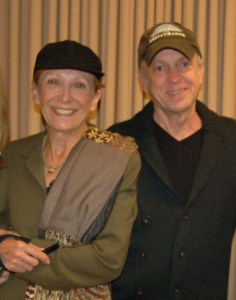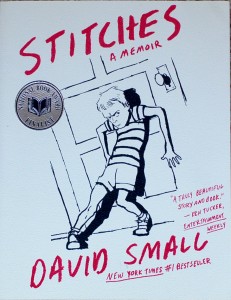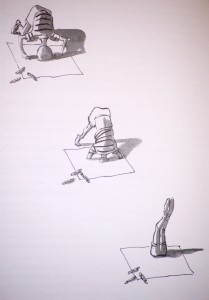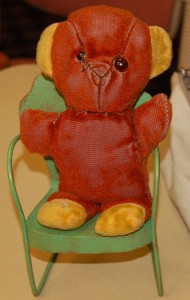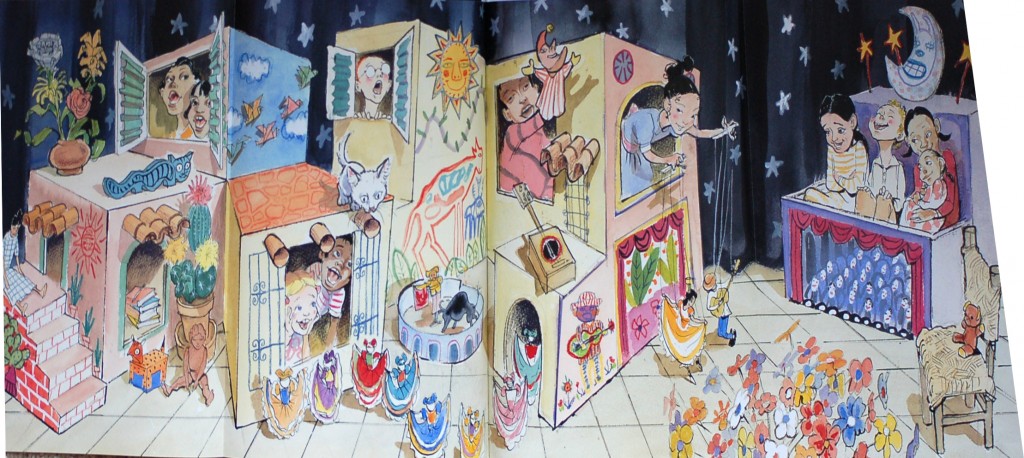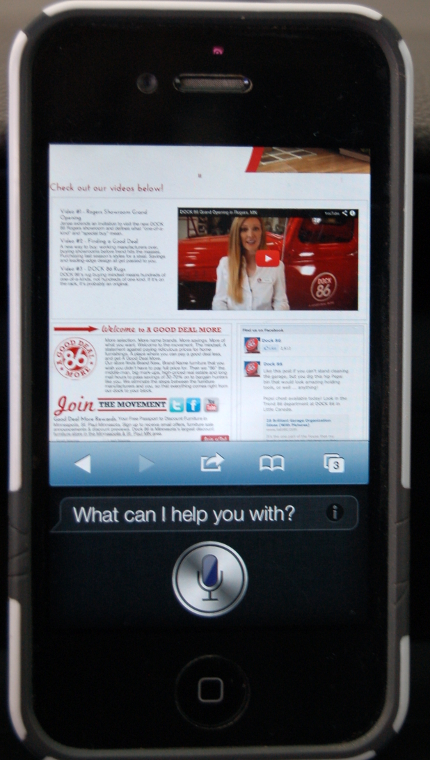 In the immortal words of Judith Viorst’s Alexander, I had a terrible, horrible, no good, very bad day.
In the immortal words of Judith Viorst’s Alexander, I had a terrible, horrible, no good, very bad day.
While traveling on the busy freeway I asked Siri for directions. She said, “I do not know ‘get that little cat’.”
When I tried and tried again she consistently answered, “You’re welcome.”
Determined to be more helpful than Sassy Siri, I vowed to bring cheer to two depressed acquaintances. So, I mailed them rough dummies of my children’s picture book manuscripts, because my depressed, young protagonist makes me laugh.
When I called to see if they got my dummies, one said, “What do you want me to do with these?”
Seeking a more positive review, I called the other. She said, “You should meet my neighbor–she’s a good writer.” Then for the next agonizing hour and a half she recited every one of her neighbor’s poems. By then, I was depressed.
To cheer myself up, I visited my grandkids. One pointed to the back of my knee, “What awe those bwoo wines on you-a wegs, Gwamma?” (Translation: “What are those blue lines on your legs, Gramma?”)
My husband teased, “Connected, they’d make a tattooed map of Argentina.”
Later that evening, I had the auspicious opportunity of having my chapter book manuscript critiqued by a real live published writer. I beamed as I handed her draft #658. Until her face contorted. I checked the table for the sour lemon. Seems she’s averse to first person present tense. She left the table abruptly. I think to go vomit.
On the drive home, I was tempted to pout. But then Charlie Brown, Rodney Dangerfield, and Alexander from Alexander and the Terrible, Horrible, No Good, Very Bad Day sat on my shoulders and made fun of me. (I must have been delirious. Instead of angels and devils, I got round-headed whiners. )
Charles Schulz’s Charlie Brown said he wouldn’t have gotten a cartoon column if Lucy let him kick the ball.
Rodney Dangerfield said he wouldn’t have had a schtick if he had gotten any respect.
And Judith Viorst’s Alexander said his story wouldn’t have been as funny if his teacher loved his invisible castle.
They all told me to embrace awkward and to look for the funny in tattooed maps of Argentina. Then they asked me what I learned from my terrible horrible no good very bad day. I had to pray the Litany of Humility Prayer to see.
#1: Like Charlie Brown, I’ll keep trying–even when success seems improbable. But, where Siri’s concerned, I now bring a hard-copy map in case she takes me to that little cat. And I’m learning to enunciate my words.
#2: I don’t send depressed people my writing. It’d be embarrassing if my manuscript was left on a ledge after a jump. But, I do listen and learn. Like Rodney Dangerfield, I’m ready for the hecklers. In fact, I savor hecklers, because frustration generates the funniest writing material.
#3: I now wear pants (mostly). The South American Department of Tourism is disappointed, but they’ll get over it.
#4: I edited my invisible castle/manuscript rather than succumb to an overwhelming desire to move to Australia (an Alexander reference). I did some research and learned that no one is passionate one way or the other about past tense. But many people have visceral, negative emotions about first person present tense. So, I revised my chapter book manuscript to incorporate the less risky formula. (Because I’m a coward.)
My writers’ group thanked me for this. (Except for one comrade who came back from the Illinois conference declaring that present tense is all the rage. That was after I’d changed my entire 8,341 word manuscript to past tense. He coerced me off the ledge by conceding that I could wait to be adventurous–for when I don’t need critique advice–which will be–um–never.)
#5: Imperfect, insecure protagonists are funnier. My characters are more interesting because of my daily frustrations.
If you got stuck on this blog because Siri won’t give you directions or because you Googled giant Argentina tattoo, you might be having a terrible, horrible, no good, very bad day.
Celebrate! Then write about it. That’s how Charlie, Rodney, and Alexander got their start.

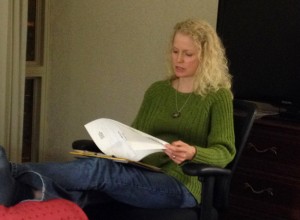
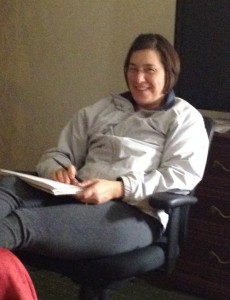
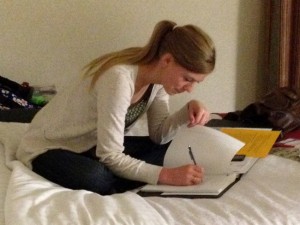

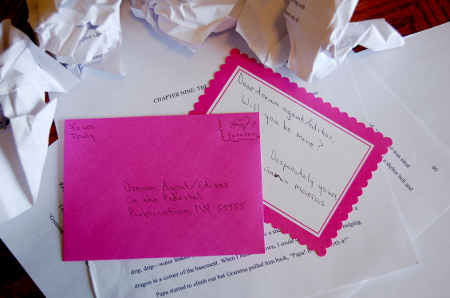
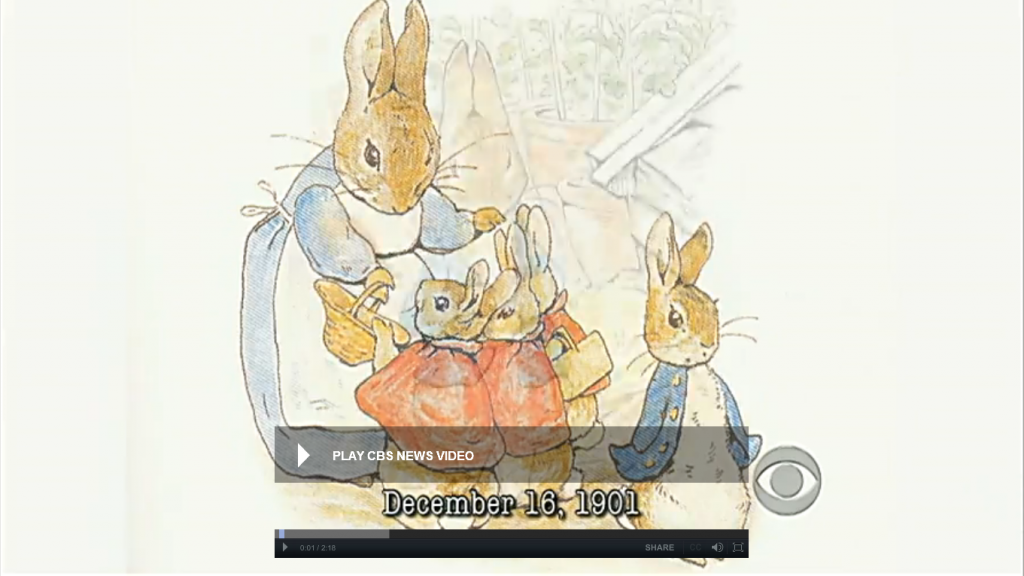
 If I don’t bring humility, open to revision suggestions, defensiveness can make me let go of the boulder. It squashes me like Wile E. Coyote and I lift my head only to watch my boulder roll back down the hill. Smoke trails out my ears as I stomp down to push again — by myself. Sometimes I even curse the boulder and threaten to leave it — which is a good idea when my attitude is bad.
If I don’t bring humility, open to revision suggestions, defensiveness can make me let go of the boulder. It squashes me like Wile E. Coyote and I lift my head only to watch my boulder roll back down the hill. Smoke trails out my ears as I stomp down to push again — by myself. Sometimes I even curse the boulder and threaten to leave it — which is a good idea when my attitude is bad.